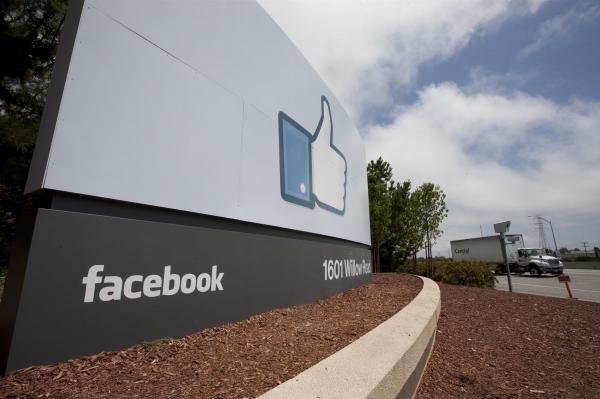A 2016 internal memo written by Facebook VP Andrew Bozman was leaked Thursday, raising questions about how the company views its practices. File photo by Terry Schmitt/UP
March 30 (UPI) -- Facebook's vice president told employees in 2016 that potential negative consequences of company growth -- ranging from personal data to acts of terrorism -- are "justified," according to a memo leaked Thursday.
The memo, titled, "The Ugly," was leaked at a time when Facebook has come under scrutiny for its private data collection practices.
"We connect people. Period. That's why all the work we do in growth is justified," Facebook VIce President Andrew Bosworth, a longtime executive at the company and close friend of CEO Mark Zuckerberg, wrote in the memo, obtained by Buzzfeed. "All the questionable contact importing practices. All the subtle language that helps people stay searchable by friends. All of the work we do to bring more communication in. The work we will likely have to do in China some day. All of it."
Bosworth went on to say connecting more people "can be bad if they make it negative."
"Maybe it costs someone a life by exposing someone to bullies," he said. "Maybe someone dies in a terrorist attack coordinated on our tools."
Bosworth defended the memo by saying it was meant to bring up possibilities the company may have to deal with.
"I don't agree with the post today and I didn't agree with it even then when I wrote it," he said in a statement. "The purpose of this post, like many others I have written internally, was to bring to the surface issues I felt deserved much discussion with the broader company. Having a debate around hard topics like these is a critical part of our process and to do that effectively, we have to be able to consider even bad ideas, if only to eliminate them."
Bosworth said he wrote the memo with the intention of being "provocative," to spur discussion among employees.
"This was one of the most unpopular things I've ever written internally and the ensuing debate helped shape our tools for the better," he said.
Zuckerberg said he and others at the company disagreed with the memo at the time.
"We've never believed the ends justify the means," he said.















